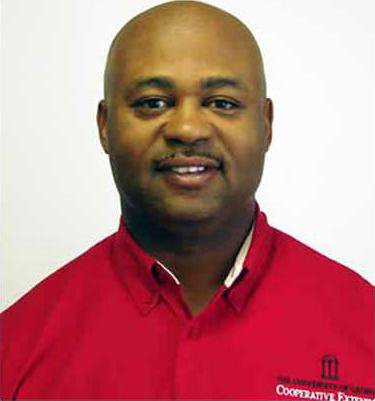Early spring traditionally is a busy time for gardeners, plant enthusiasts and lawn-care aficionados. There are a variety of ways to get your yard ready for warm weather and Robert Bell, Liberty County Extension Service county coordinator, recently shared with the Courier a few of his best tips:
• Weed control: “If you haven’t already done it, it’s time to get some weed control down,” Bell said. “Pre-emergent products are easier to control most weeds. If you stop the weed before it gets out of the ground, the lawn looks better, and for landscape beds, if you can stop the weed from coming up, you don’t have to pull them later.”
• Fertilizer: “Make your plan at this point. It is still too early to fertilize your lawn. Don’t use a ‘weed and feed fertilizer’ until after our last freeze, March 15 — but no guarantees on that date,” he said. “The best way to determine what fertilizer to use, or if lime is needed, is to have a soil analysis done. Contact your local county extension office. The three common warm-season grasses used in our area require different management techniques. In the absence of a soil test, a fertilizer application after spring green up and another mid-summer should provide the basic requirements if your soil pH is in the correct range.”
• Water: “Lawns don’t require a daily watering. Generally, two and a half inches of water per week will sustain your turf and ornamentals,” Bell said.
• Insect control: “Mole crickets and white grubs are common lawn insects. They can easily wreak havoc on your lawn if they are not controlled,” he said. “There are a number of chemicals on the market to use. Application timing is important for short residual insecticides.”
• Mulch: “Apply 3 to 5 inches of mulch around ornamentals. Mulches have many benefits in the landscape. They hold moisture in soil, prevent weeds, inhibit certain soil borne foliar diseases, insulate the roots of the plants from temperature extremes and provide a protective barrier around the plants to keep lawn mowers or string trimmers away,” the coordinator said.
• Finally, relax and don’t overdo it. “A lot of our lawn/landscape problems result from our best intentions,” Bell said. “Over-fertilizing and watering can create a laundry list of problems.”
For more information, e-mail Bell at robbell@uga.edu or call the extension office at 876-2133.
Best things: Get the yard in ship shape


Sign up for our e-newsletters